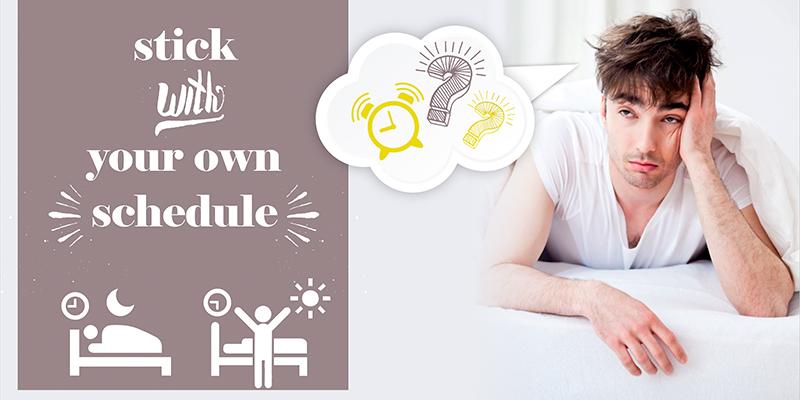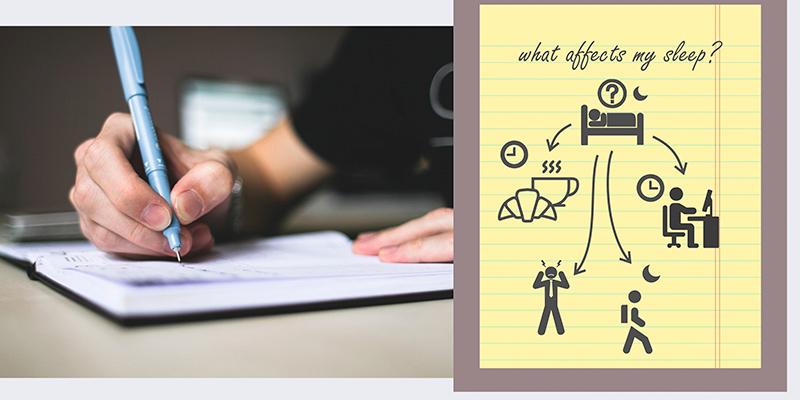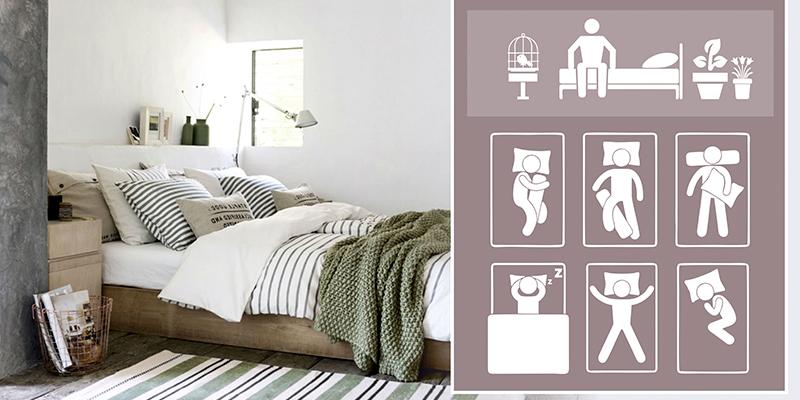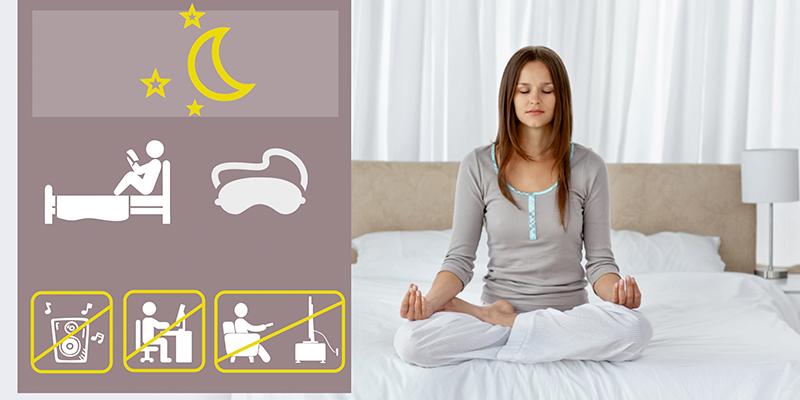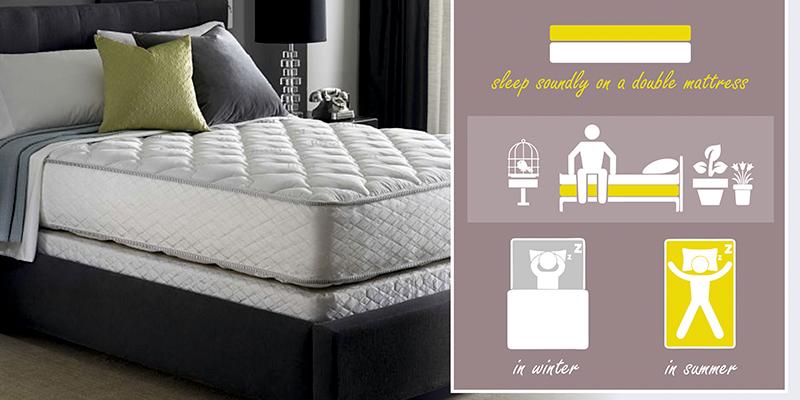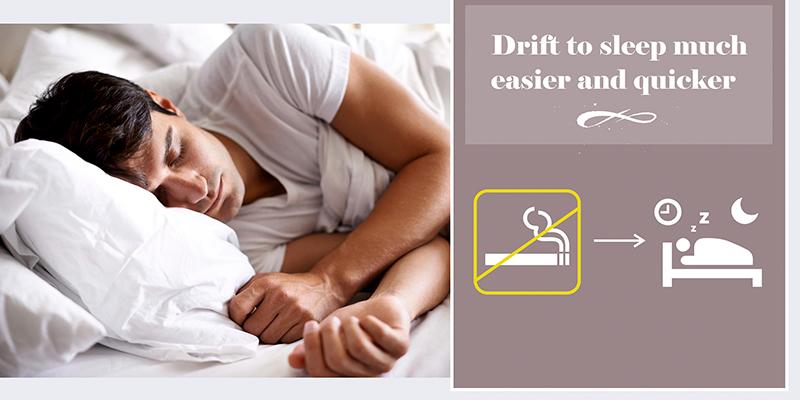1. Stick With Your Own Schedule
Believe it or not, yet, following this only advice can help you get a better sleep. Go to bed and wake up at the same time, sticking with your own schedule, and after a couple of weeks, you’ll find it easier to fall asleep. Your internal clock will get used to the same routine pattern, promoting better sleep. Easier said than done, you may say, for if you have long been suffering from sleep-related issues, you know exactly how difficult it may be to get distracted from daily tensions and relax. Well, if that’s the case, make sure to darken your bedroom, draw the curtains and switch off TV. Give yourself some time to wind down after a working day. Don’t force yourself to sleep. It’s not going to happen just like that and may easily take you days or even weeks to develop a new habit.
2. Exercise
3. Start to Track Your Sleep
You may not take this advice seriously but it does work. Start to write down on paper what exactly worries you and why you think you cannot have a restful sleep. Track down how long you’ve been sleeping before you get up bolt upright in bed in the middle of the night. It’s important that you don’t miss out on any sleep-related detail and write down everything you do before you go to bed - what you eat, what exercises you do, how long you walk in the fresh air, and so and so forth. For this purpose a lot of people today use fitness trackers, allowing you to do exactly the same. They can tell you how long you spend in each of the sleep stages and show you the real picture of what deteriorates your sleep quality.
4. Spend More Time Outdoors and Take a Shower
Don’t ignore evening strolls. According to numerous research, walking in the evening a couple hours before going to bed can promote a better sleep. It will also allow you to spend some time for yourself, deep in your thought, help relax and clear your mind of the tensions of a day. If you still don’t feel quite relaxed, take a hot bath or shower. 10-15 minutes of soaking in hot, soapy water will soothe your body and mind, bringing you comfort. Try to make it your new ritual and stick with it every day.
5. Make Your Bedroom a Cozy Place to Be In
6. Drift to Sleep in a Gentler Way
People who suffer from poor quality of sleep often manage to fall asleep with either music or TV on. Even though this might work for you, don’t let this habit develop. Like we’ve said above, in order to relax and let your nerves and brain wind down, the light in the room should be avoided. Using a sleep mask can help block the exposure of light. Try to set a new habit of falling asleep to the sounds of nature, a much healthier alternative to the sounds of radio or TV. People with sleep disorders often buy alarm clocks, playing the sounds of ocean waves, forest, rain, etc. The beauty about modern clocks is that they don’t emit too much light and automatically switch off after a certain period of time (set by a user) when you’re supposedly already deep into sleep.
7. See About How You Sleep
The common issue most people with trouble sleep face is sleeping on a mattress that gets too hot in summer. To avoid this kind of problem, you could get a double-sided mattress featuring two different sleeping surfaces, one of which you could use for summer months and the other one for the winter. Keeping an electric blanket by your bed would be handy during winter, especially if you often get cold and wake up in the middle of the night.
8. Avoid Drinking Coffee
9. Watch What You Eat
10. Quit Bad Habits
Smokers, more often than anybody else, have sleep-related issues. Just like caffeine, nicotine affects brain activity and often leads to breathing disorders which in turn may keep you awake for a long time. If you’ve decided to get on a path of a healthy lifestyle it’d be sensible to follow the above-said tips and quit smoking as well. A physical desire for a fag, according to research, weakens and/or completely disappears within the first 3 days after you quit.
Following these simple rules should help you drift to sleep much easier and quicker, contributing to your better health and well-being. Of course, if sleep disorders have become a serious problem and nothing helps, you should get the help from an expert.
